
The Academy is administered by a 6-person Executive Committee (EC).
Past president and president-elect are added to the EC during the year after and the year before their presidential term, respectively.
Officers are elected to 3-year terms.
|
Nicholas Eaton Stonybrook University
|
 |
|
Past President Thomas Rodebaugh |
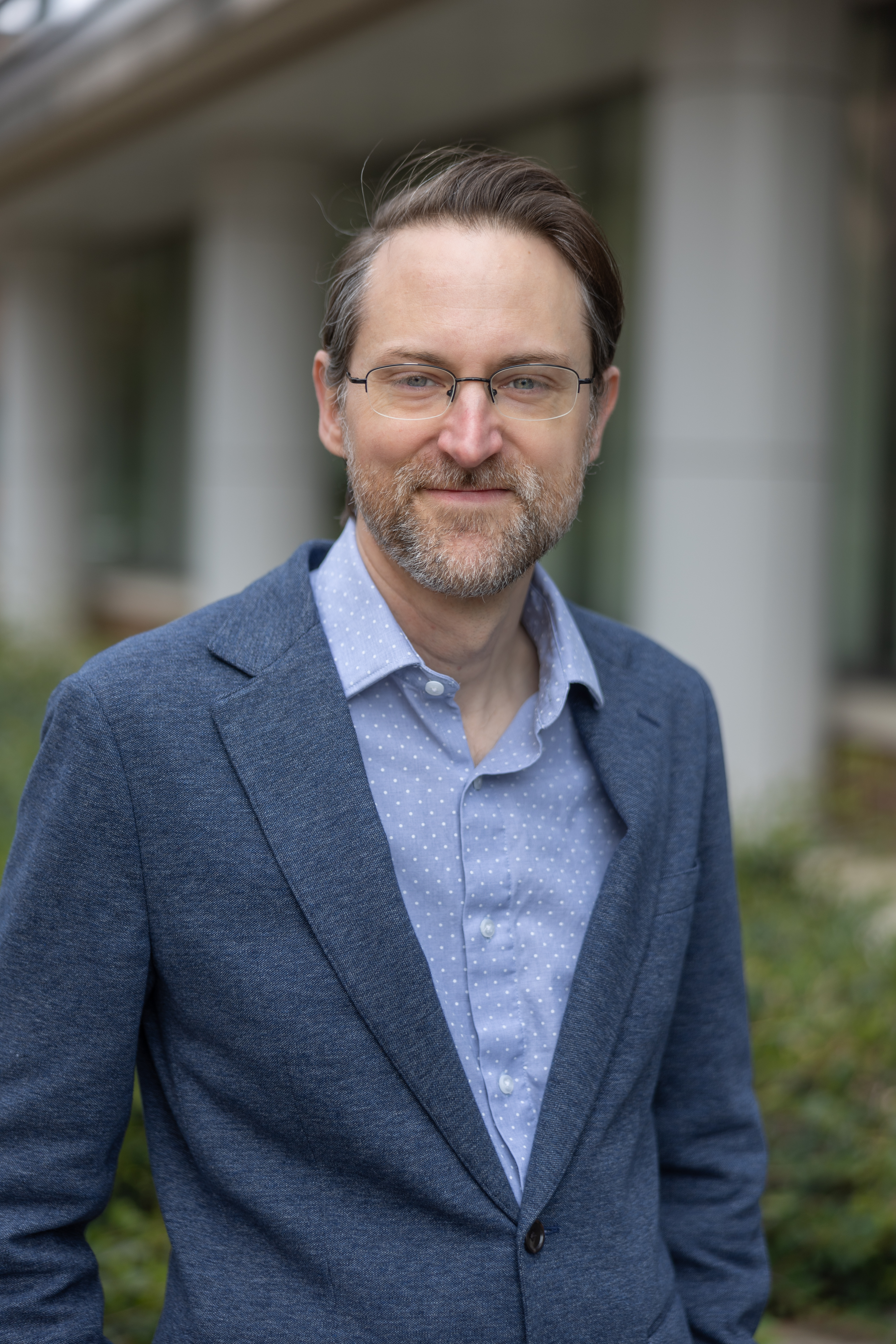 |
|
Secretary Arizona State University |
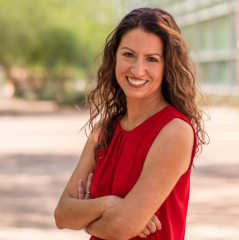 |
|
Treasurer Washington University in St Louis |
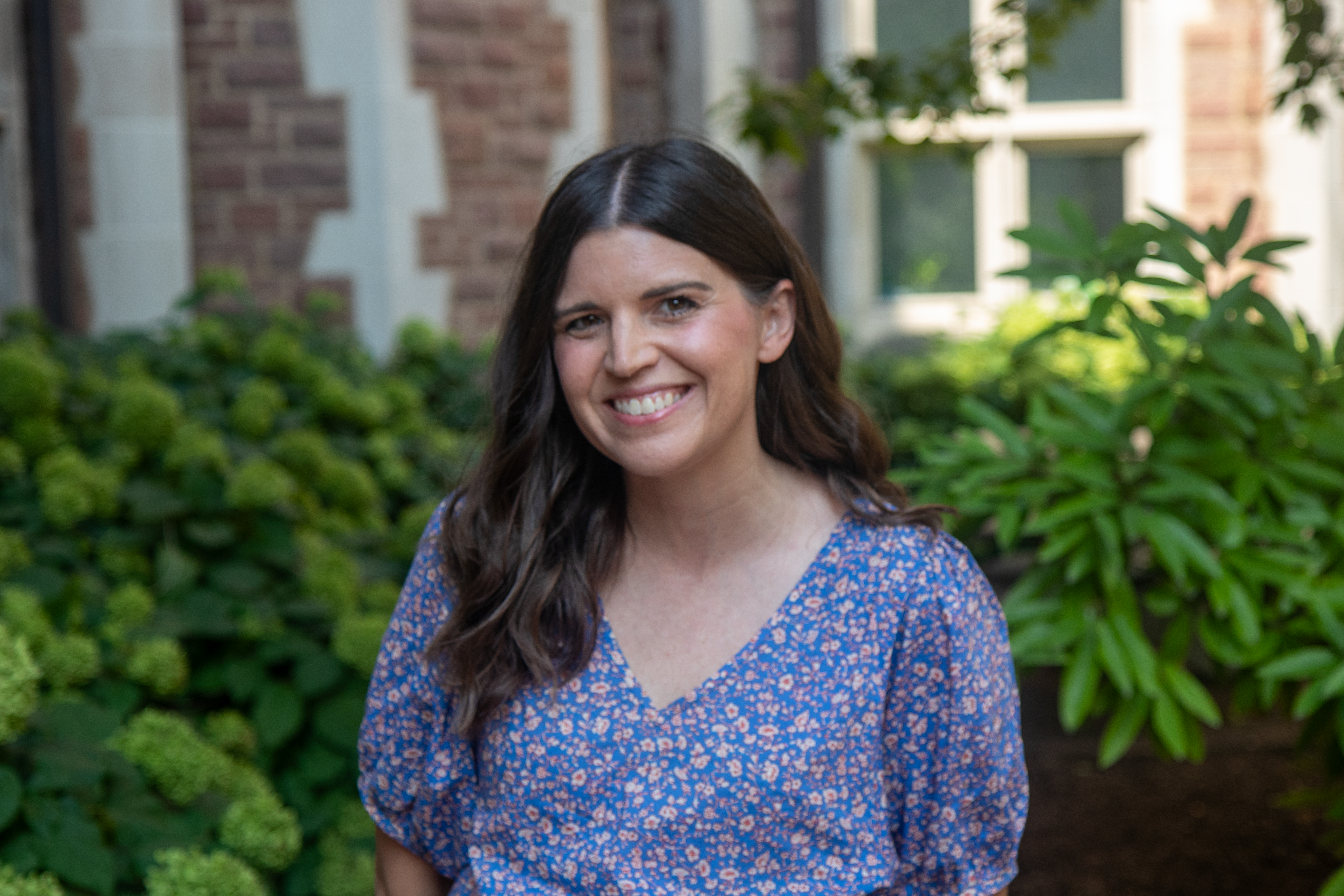 |
|
Tara Mehta University of Illinois - Chicago |
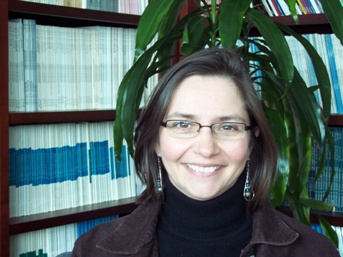 |
|
Lauren Weinstock Alpert Medical School of Brown University |
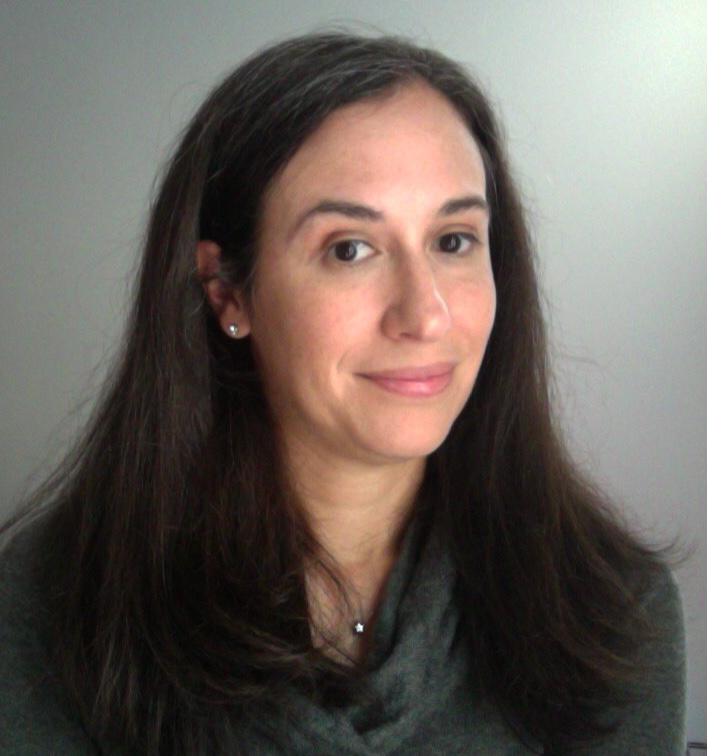 |
|
Katherine Dixon-Gordon University of Massachusetts Amherst |
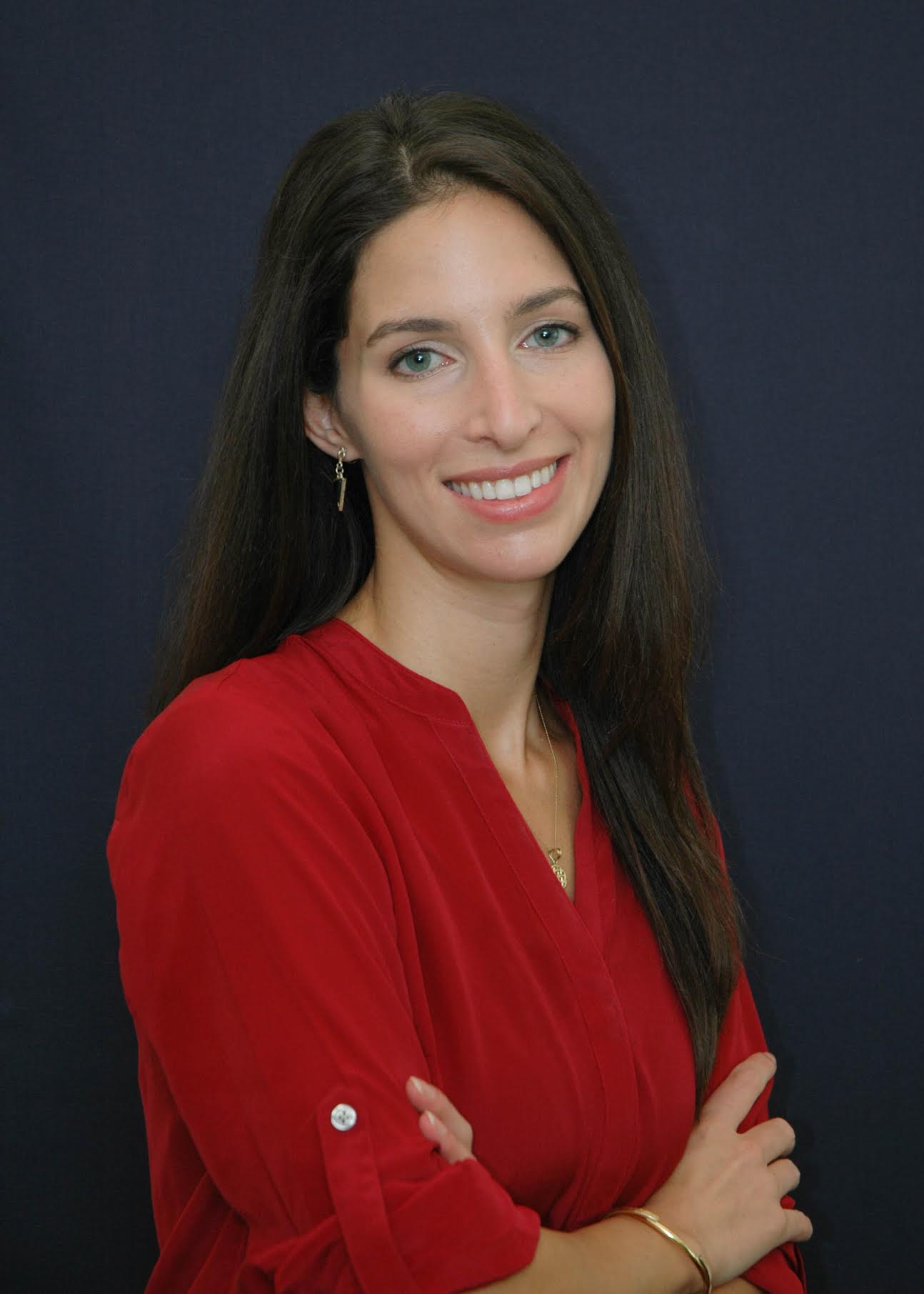 |
|
Delaney Davey University of Illinois Chicago Student Representative |
 |
In addition to its elected officers, the Academy also depends on valuable service from faculty members who are appointed to serve in a number of other crucial roles. The following people have been appointed by the Executive Committee to fulfill specific functions.
|
Matthew Grilli University of Arizona |
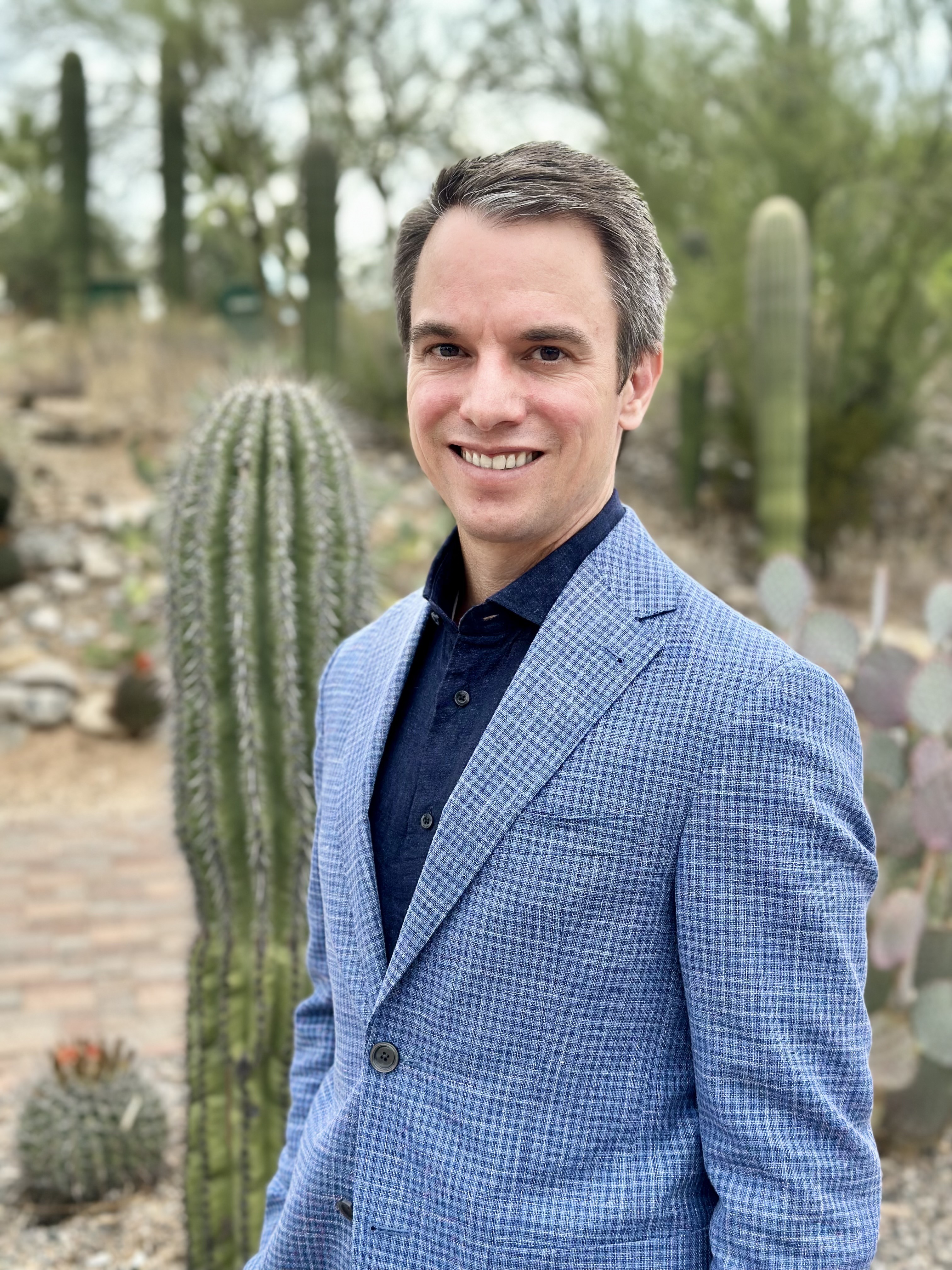 |
 PCSAS is an independent, non-profit body incorporated in December 2007 to provide rigorous, objective, and empirically based accreditation of Ph.D. programs in psychological clinical science (the terms psychological clinical science and scientific clinical psychology are used interchangeably).
PCSAS is an independent, non-profit body incorporated in December 2007 to provide rigorous, objective, and empirically based accreditation of Ph.D. programs in psychological clinical science (the terms psychological clinical science and scientific clinical psychology are used interchangeably).
 There are a multitude of reasons why APS is vital to you and to the science of psychology. From our advocacy efforts to our acclaimed scientific journals to our promotion of the education of psychology, APS is working hard to ensure the vitality and the advancement of psychology as a science.
There are a multitude of reasons why APS is vital to you and to the science of psychology. From our advocacy efforts to our acclaimed scientific journals to our promotion of the education of psychology, APS is working hard to ensure the vitality and the advancement of psychology as a science.
 The Delaware Project aims to redefine psychological clinical science training in ways that emphasize continuity across a spectrum of research activities concerned with (a) basic mechanisms of psychopathology and behavior change, (b) intervention generation and refinement, (c) intervention efficacy and effectiveness...
The Delaware Project aims to redefine psychological clinical science training in ways that emphasize continuity across a spectrum of research activities concerned with (a) basic mechanisms of psychopathology and behavior change, (b) intervention generation and refinement, (c) intervention efficacy and effectiveness...